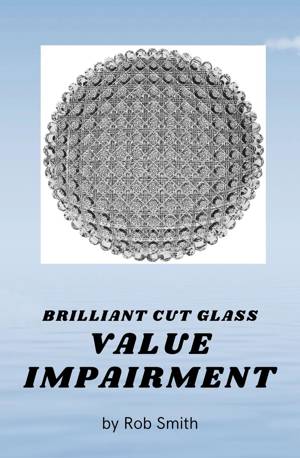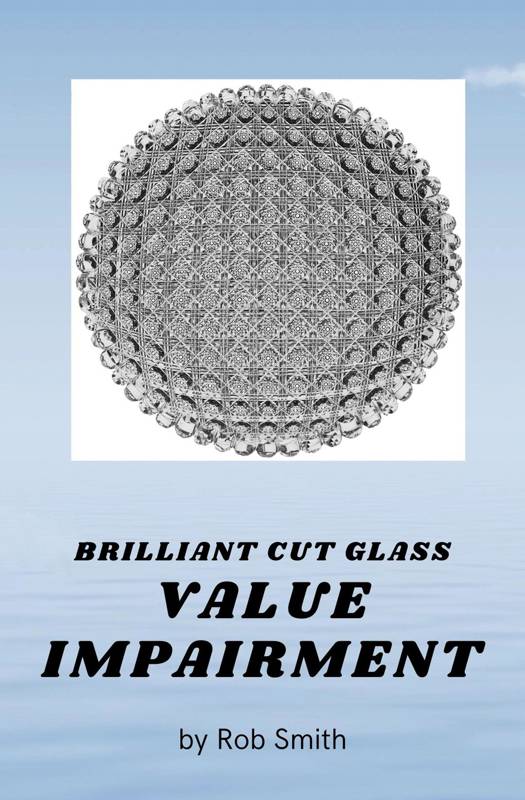
- Afhalen na 1 uur in een winkel met voorraad
- Gratis thuislevering in België vanaf € 30
- Ruim aanbod met 7 miljoen producten
- Afhalen na 1 uur in een winkel met voorraad
- Gratis thuislevering in België vanaf € 30
- Ruim aanbod met 7 miljoen producten
Omschrijving
Relative value is often an issue and concern as old antique cut glass is bought and sold. One of the first things that non-collectors usually want to know about inherited glass is, "How much is it worth?" Beginning collectors are often are perplexed by the outrageous prices that seem to be arbitrarily assigned to unremarkable pieces. More experienced collectors shop carefully, observing minute details, characteristics and flaws in cut glass of interest. Buying as well as selling auction participants are frequently amazed by the hammer prices realized by certain cut glass items.
Exploration of perceived value often evolves into a dialog, sometimes between a potential buyer and an aspirational seller. Sometimes the dialog becomes internal, as a prospective buyer seeks a "comfortable" maximum acquisition cost. Sometimes value determination is a fast-paced exchange, during a quick negotiation. Participants in such exchanges may be knowledgable or relatively uninformed. They might be coldly objective, or significantly emotional about the item under consideration. Resource constraints may factor in, or be irrelevant to a particular value discussion.
Here, value is proposed to be the mutually agreed upon price at which an informed and knowledgable buyer is willing to purchase Brilliant Era cut glass from a knowledgable and informed seller. There's usually one value associated with a piece of factory-perfect, never-repaired cut glass, but a somewhat lesser value for glass with some degree of imperfection. Determination of current "value" can be adversely impacted by many factors. In this discussion, several value-impacting factors are discussed and illustrated. The objective is to provide tools that stimulate and strengthen value-related discernment, so that collectors can more rationally evaluate Brilliant Cut Glass opportunities and pitfalls.
Specificaties
Betrokkenen
- Auteur(s):
- Uitgeverij:
Inhoud
- Taal:
- Engels
Eigenschappen
- Productcode (EAN):
- 9780937508527
- Verschijningsdatum:
- 24/03/2021
- Uitvoering:
- E-book
- Formaat:
- ePub

Alleen bij Standaard Boekhandel
Beoordelingen
We publiceren alleen reviews die voldoen aan de voorwaarden voor reviews. Bekijk onze voorwaarden voor reviews.











